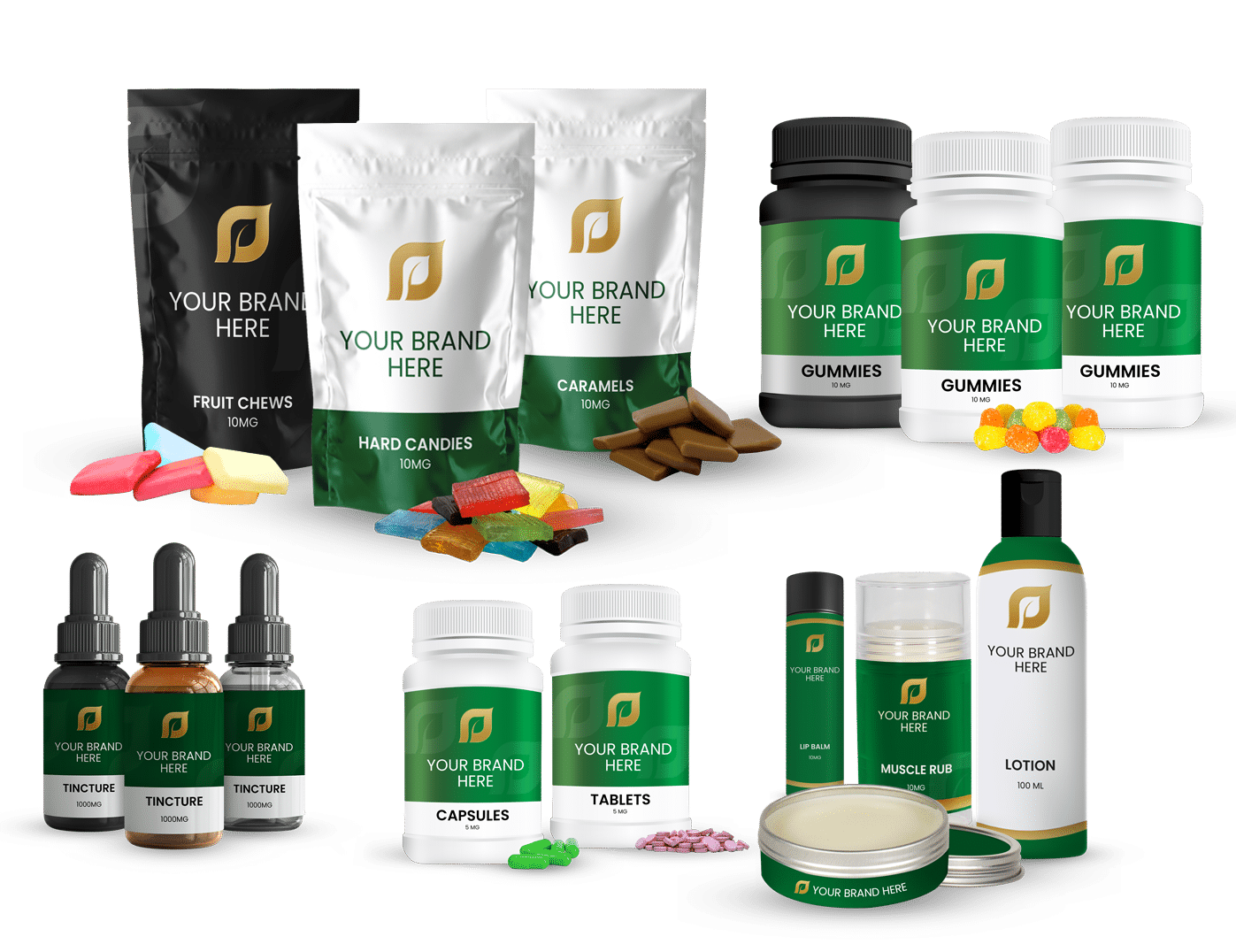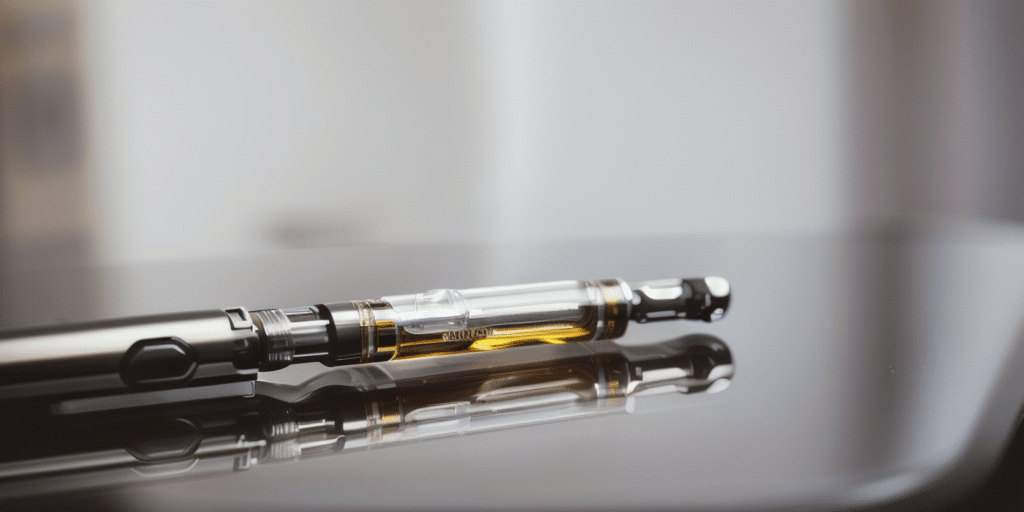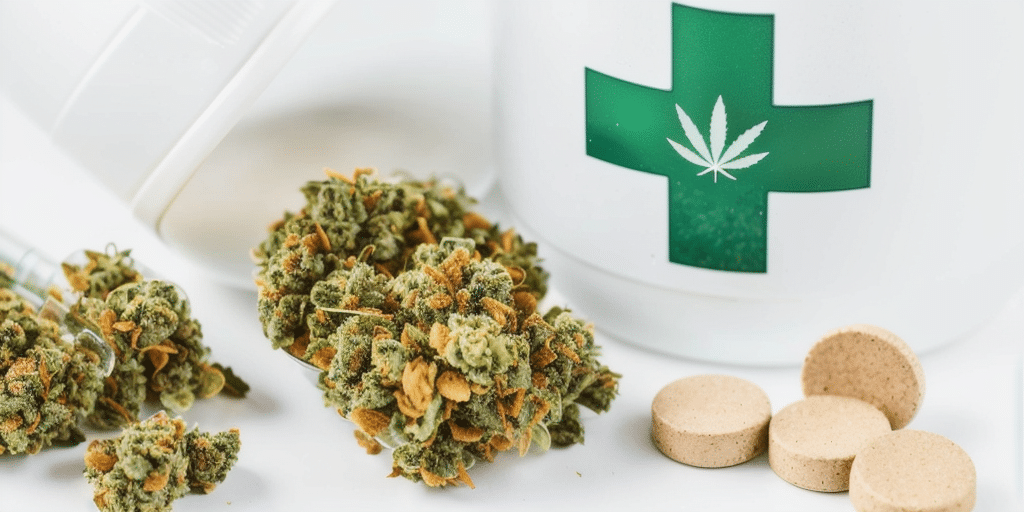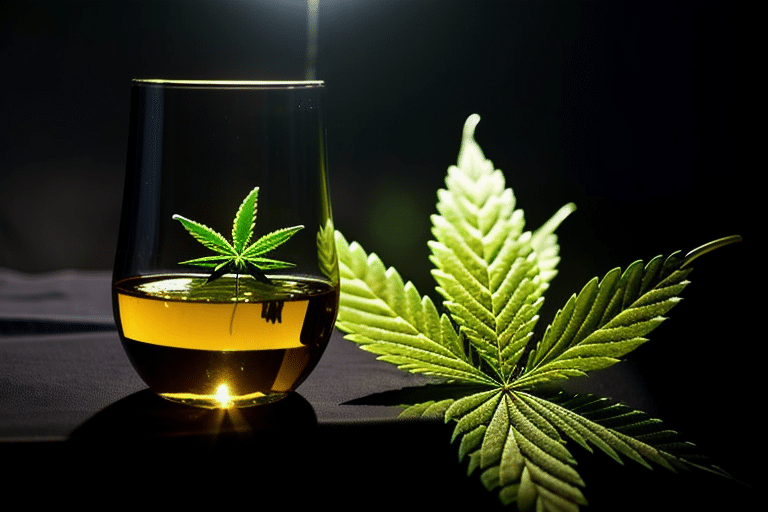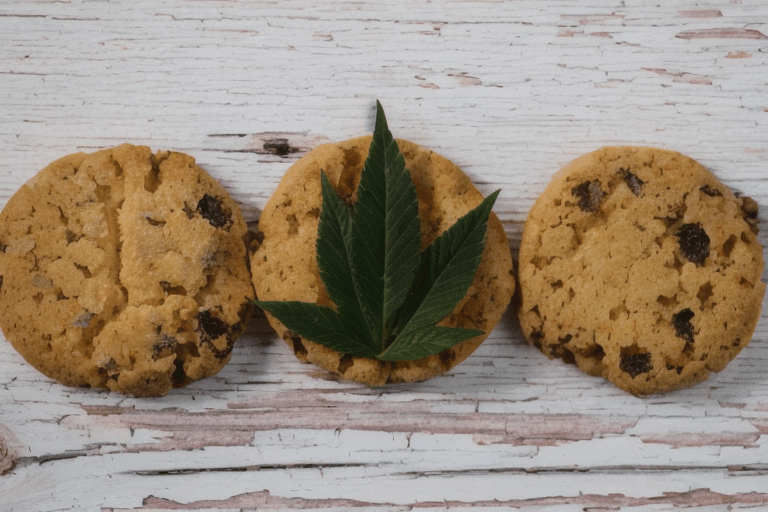Table of Contents
ToggleIntroduction
Cannabinoids, a group of compounds found in the Cannabis sativa plant, have garnered interest for their potential therapeutic and recreational applications. This article will focus on two specific cannabinoids: Delta-8 THC and Delta-9 THC.
Cannabinoids: A Brief Overview
Cannabinoids are naturally occurring compounds in cannabis plants that interact with our body’s endocannabinoid system, which regulates various physiological processes such as pain sensation, mood, appetite, and sleep. Delta-8 THC and Delta-9 THC are two cannabinoids that have piqued the interest of researchers and consumers alike.
Delta-8 THC and Delta-9 THC: An Introduction
Both Delta-8 THC and Delta-9 THC are derived from the Cannabis sativa plant. While Delta-9 THC is the primary intoxicating component responsible for marijuana’s “high,” Delta-8 THC occurs in smaller quantities and has subtler effects. This raises an intriguing question: Is Delta-9 stronger than Delta-8?
Comparing Delta-9 and Delta-8 THC
To address this question, we must examine the key differences between these two cannabinoids.
Molecular Differences
Although both share a similar chemical structure, a slight difference in atom arrangement results in varying effects on users. This small variation leads to different interactions with our body’s endocannabinoid system, determining their potency and psychoactive effects.
Psychoactive Effects and Potency
1. Delta-9 THC
Delta-9 THC induces a strong high characterized by euphoria, increased sensory perception, and a fuzzy mental state. However, this intense high can also cause anxiety and paranoia in some users.
2. Delta-8 THC
Conversely, Delta-8 THC has milder psychoactive effects, with users reporting a clear-headed high and fewer instances of anxiety or paranoia. This makes it an attractive option for those seeking a subtler experience compared to Delta-9 THC.
Interaction with the Endocannabinoid System
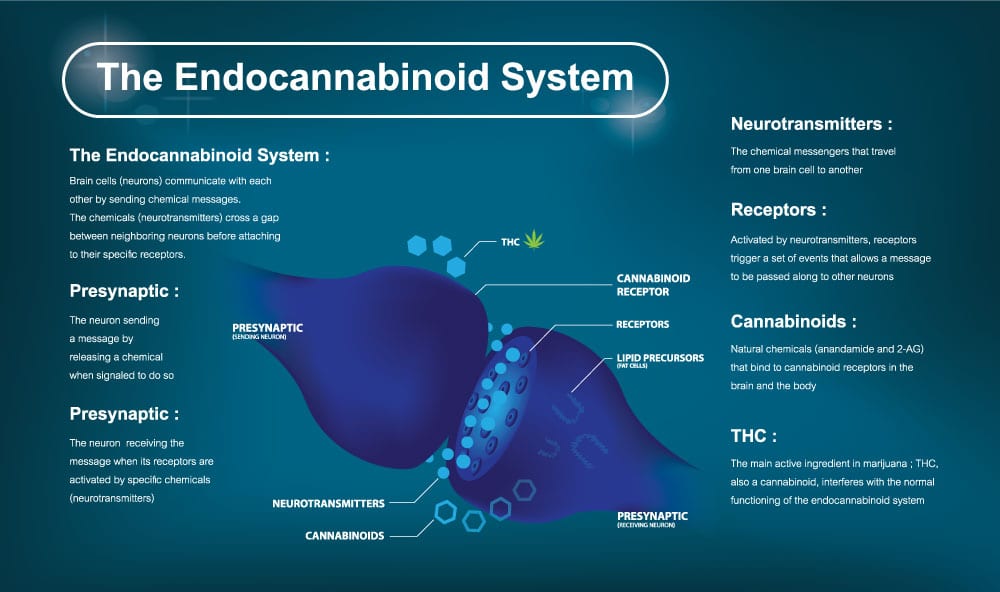
The potency difference between Delta-8 and Delta-9 THC is due to their interaction with cannabinoid receptors in our bodies. Delta-9 THC binds more strongly to these receptors, resulting in more potent psychoactive effects. In contrast, Delta-8 THC has a weaker binding affinity, leading to milder effects.
In conclusion, while both Delta-8 and Delta-9 THC are cannabinoids derived from the Cannabis sativa plant, Delta-9 THC is indeed stronger than Delta-8 THC due to its more potent psychoactive effects and stronger binding affinity to cannabinoid receptors. However, individual preferences and experiences play a significant role in determining which cannabinoid may be more suitable for each person.
Delta-8 THC and Delta-9 THC: A Comprehensive Comparison
Defining the Cannabinoids
Delta-8 THC and Delta-9 THC are two interrelated cannabinoids that share some key similarities. Both compounds interact with the body’s CB1 and CB2 cannabinoid receptors, which are crucial in regulating sleep, mood, appetite, and cognitive functions. Despite their resemblances, there are noteworthy differences between them.
Molecular Structure Variations
The primary distinction between Delta-8 THC and Delta-9 THC lies in their molecular structure. Delta-8 THC is typically synthesized from hemp-derived CBD and possesses about 25% to 33% less potency than its counterpart, Delta-9 THC. This reduced potency results in a milder psychoactive effect for those who consume Delta-8 THC.
Endocannabinoid System Interactions
Both Delta-8 and Delta-9 THC engage with the body’s endocannabinoid system by binding to CB1 and CB2 receptors. However, the intensity of this interaction differs between the two compounds. Owing to its molecular structure, Delta-9 THC binds more robustly to these receptors, yielding a more potent psychoactive effect. Conversely, Delta-8 THC’s weaker binding affinity produces a gentler high that may be more attractive to those seeking a less intense experience or individuals new to cannabis consumption.
Do you need custom private label Delta 9 products produced for your cannabis business?
SEE WHAT WE CAN DO
Do you need custom private label Delta-9 products produced for your CBD business?
SEE WHAT WE CAN DO
Cannabinoid Potency and Psychoactive Effects: Delta-9 vs. Delta-8 THC
Cannabinoids, such as Delta-9 tetrahydrocannabinol (THC) and its lesser-known isomer, Delta-8 THC, are chemical compounds found in cannabis plants that interact with the human body’s endocannabinoid system. These interactions produce various psychoactive effects.
Delta-9 THC: The Primary Psychoactive Component
Delta-9 THC is renowned for its potent psychoactive effects, which may manifest as a fuzzy sensation, anxiety, or even paranoia in some individuals. This cannabinoid has garnered significant attention in both medical and recreational contexts due to its powerful impact on users.
Delta-8 THC: Milder Potency and Psychoactive Effects
Conversely, Delta-8 THC exhibits less intense psychoactive effects. Users often report a lucid high with reduced instances of anxiety or paranoia, making it an appealing option for those sensitive to Delta-9 THC’s stronger effects or who prefer a subtler experience.
Potential benefits of Delta-8 THC encompass pain alleviation, enhanced sleep quality, nervous system regulation, appetite improvement, sensory overstimulation prevention, and inflammation reduction. Moreover, it is less likely to induce anxiety, paranoia, or impaired coordination compared to its more potent counterpart.
Comparing User Experiences with Both Cannabinoids
A 521-participant survey indicated that Delta-8 THC is generally well-tolerated. Most respondents experienced relaxation, pain relief, and euphoria without significant side effects like anxiety or paranoia. This suggests that for many individuals, Delta-8 THC may provide a more balanced and enjoyable experience compared to the occasionally overwhelming effects of Delta-9 THC.
In summary, while Delta-9 and Delta-8 THC possess distinct properties and user effects, personal preferences and individual experiences should be considered when selecting these cannabinoids. By comprehending the disparities in potency and psychoactive effects, users can make informed decisions about the cannabinoid that best aligns with their needs and desired experiences.
Therapeutic Potential of Delta-8 and Delta-9 THC
Exploring Delta-8 THC’s Medical Advantages
While Delta-9 THC has been extensively investigated, research on Delta-8 THC remains limited. This lesser-known cannabinoid is gaining interest due to its potential therapeutic properties. Preliminary studies indicate that Delta-8 THC may offer medical benefits such as pain alleviation, anxiety reduction, appetite enhancement, and improved sleep quality. We may uncover more advantages linked to this intriguing compound as research progresses.
Established Health Benefits of Delta-9 THC
In contrast, Delta-9 THC has a well-established research history. Documented benefits include relaxation, anxiety relief, appetite stimulation, happiness, heightened imagination, and enhanced sensory perception. These effects make Delta-9 THC appealing to both recreational and medicinal users.
Interaction with the Endocannabinoid System: A Key Factor
Both Delta-8 and Delta-9 THC interact with the body’s endocannabinoid system (ECS), which regulates physiological processes such as mood, pain sensation, appetite, and sleep. The ECS comprises two primary receptors: CB1 and CB2. Delta-9 THC binds strongly to CB1 receptors located mainly in the brain and central nervous system, causing potent psychoactive effects.
Conversely, Delta-8 THC exhibits weaker binding affinity for CB1 receptors. This distinction in binding strength results in milder psychoactive effects when consuming Delta-8 THC compared to its more potent counterpart. Thus, users may experience therapeutic benefits from both cannabinoids without the intense high associated with Delta-9 THC.
Ongoing research into these cannabinoids and their interactions with the ECS will likely reveal more about their unique properties. This knowledge will contribute to a better understanding of how these compounds can enhance overall health and well-being.
Consumption Methods and Availability of Delta-8 and Delta-9 THC
Delta-8 THC and Delta-9 THC, two cannabinoids found in cannabis plants, offer various consumption methods to cater to users’ preferences and needs. This section delves into the common forms of cannabinoids, their legal status, and factors to consider when purchasing them.
Common Forms of Cannabinoids
Delta-8 THC is typically consumed via edibles like gummies, offering a discreet and convenient option. In contrast, Delta-9 THC comes in a broader range of forms, such as smoking, vaping, edibles, and topicals, allowing users greater flexibility in choosing their preferred method.
Legality of Delta-8 and Delta-9 THC
The legal status of Delta-8 THC and Delta-9 THC depends on federal and state laws. While the Controlled Substances Act federally prohibits Delta-9 THC, Delta-8 THC exists in a legal gray area due to its presence in hemp plants. The 2018 Farm Bill legalized hemp-derived products containing less than 0.3% Delta-9 THC; however, some states have imposed restrictions specifically on Delta-8 THC.
Availability and Purchasing Considerations
The varying legal status of these cannabinoids affects their availability and purchasing options. In states where cannabis is legal for medical or recreational use, consumers can find both Delta-8 and Delta-9 THC products at licensed dispensaries. For those in areas with more restrictive laws, online retailers may offer hemp-derived products containing Delta-8 THC.
When purchasing either cannabinoid, it is crucial to consider factors such as product quality, lab testing results, and customer reviews to ensure a safe and enjoyable experience.
Delta-8 vs Delta-9 THC: Making an Informed Choice
Selecting between Delta-8 and Delta-9 THC requires considering individual experiences, as they can differ significantly. This section will examine the factors influencing personal experiences and determine which cannabinoid is more appropriate for novices, nighttime use, or gentler effects.
Influential Factors on Individual Experiences
Individual experiences with Delta-8 and Delta-9 THC can be affected by factors such as body chemistry, tolerance levels, and consumption methods. Notably, a survey revealed that most delta-8 THC users substituted it for delta-9 THC or pharmaceutical drugs, with 78% not informing their primary care providers due to doubts in their physicians’ ability to incorporate medical cannabis into treatment.
Delta-8 THC: Suitable for Beginners, Nighttime Use, and Milder Effects
Delta-8 THC is often recommended for those new to cannabis or seeking a gentler experience. Its less psychoactive high enables users to appreciate the advantages of cannabinoids without the intense effects linked with Delta-9 THC. This makes it ideal for nighttime use or for individuals desiring a clearer-headed high.
It is worth noting that Delta-8 THC metabolites can remain in the body for up to 90 days but are typically detectable for only a few days. Furthermore, delta-8 THC is unlikely to yield a positive result for THC on a drug test unless it specifically targets delta-8 THC metabolites.
Delta-9 THC: Appropriate for Experienced Users and Medicinal Purposes
Conversely, Delta-9 THC may be better suited for experienced users or those seeking stronger effects for medicinal purposes. As the more potent cannabinoid, it can offer an intense high that may help alleviate specific symptoms or conditions. However, it is crucial to remember that Delta-9 THC can also induce side effects such as anxiety and paranoia; responsible usage and awareness of individual tolerance levels are essential.
In summary, the choice between Delta-8 and Delta-9 THC depends on personal preferences and individual requirements. By comprehending the distinctions between these cannabinoids and considering factors like potency, effects, and legality, you can make an informed decision about your best option. As always, responsibly consume cannabis products and consult a healthcare professional if you have concerns or questions about incorporating cannabinoids into your routine.
Conclusion
In concluding our examination of Delta-8 and Delta-9 THC, it is crucial to summarize their similarities, and differences and offer guidance for selecting the appropriate product based on individual requirements and preferences.
Recap of Delta-8 and Delta-9 THC Comparison
This article has explored various facets of Delta-8 and Delta-9 THC, encompassing molecular structures, extraction methods, potency, effects, endocannabinoid system interactions, product forms, consumption techniques, legality, and availability. A vital point to remember is that while Delta-8 THC is federally legal but restricted in some states, Delta-9 THC is federally illegal but permitted for recreational and/or medical use in certain states. Furthermore, it is noteworthy that the FDA issued warning letters to five delta-8 THC product manufacturers in May 2022 for regulatory violations.
Choosing the Right Product: Individual Needs and Preferences
When selecting a cannabis product containing either Delta-8 or Delta-9 THC, several factors should be considered. For novice users, starting with a lower-potency option like Delta-8 THC may help minimize potential side effects and risks. Experienced users might favor the more potent psychoactive effects of Delta-9 THC but should remain cautious of possible side effects.
For medical cannabis users, consulting a healthcare professional before determining the most suitable form of THC is essential. They can offer guidance on proper dosages and consumption methods tailored to your individual situation.
In summary, comprehending the distinctions between Delta-8 and Delta-9 THC enables informed decision-making regarding the most suitable cannabis product for you. By evaluating factors such as potency, effects, legality, and personal preferences, you can select a product that meets your needs and optimizes your overall cannabis experience.

